Rotavirus (RV) Vaccine – Benefits, Schedule and Side Effects
If you are a parent or about to become one, you may hear of rotavirus. A major culprit behind infants and young children’s vomiting and diarrhoea, rotavirus can lead to dehydration, hospital visits, and sometimes worse. Rotaviruses are the leading cause of dehydrating diarrhoea in children aged below 5 years worldwide. In low-income countries, about 80% of rotavirus infection can be seen in infants less than 1 year old, whereas in high-income countries, the infection can be seen until the age of 2–5 years. The good news is that delayed babies can be protected from this pesky virus by vaccinating them on time with the rotavirus vaccine.
What Is Rotavirus?
Rotavirus is a viral infection that commonly affects babies and young children and causes diarrhoea, vomiting, and fever (1). Vomiting and diarrhoea may last for 3 to 8 days. The virus is highly transmissible and is found in the stool of infected people, which spreads by coming into contact with the virus by touching contaminated surfaces, including hands, dirty diapers, changing tables, doorknobs, or toys. Thus, the disease commonly spreads in hospitals, childcare centres, and homes.
Rotavirus is a serious and tough virus. Since the virus stays viable for quite a long time until it is killed by a disinfectant, it can continue transmitting. Many times, disinfectants and hand washing aren’t able to prevent rotavirus.
Some young children get so sick that they are required to go to the hospital. Childcare outpatient centres are common sites of rotavirus outbreaks. Typically, children get better in a few days. However, in severe cases, dehydration may worsen, and children may need hospitalisation. Rotavirus can be life-threatening, but in very rare cases.
Thus, timely vaccination for babies is recommended to stop frequent infections.
What Is Rotavirus Vaccine?
The rotavirus vaccine is a routine childhood vaccination that protects against rotavirus, a frequent cause of vomiting and diarrhoea, especially among infants and young children. The rotavirus vaccine is a live attenuated vaccine. This means it contains a weakened form of the virus (2) (3).
Is Rotavirus Vaccine Safe?
Yes, the rotavirus vaccine is very safe for infants and babies in preventing rotavirus disease. Rotarix® and RotaTeq® have been tested with over 70,000 volunteers, and millions of children worldwide have been administered the vaccine safely during routine use (4). As per Health New Zealand, a government platform by the New Zealand Government, Rotarix has an excellent safety record (5).
Why Is Rotavirus Vaccination Important for Your Baby?
Rotavirus vaccine benefits are plenty for children, such as (6):
- Rotavirus can cause serious diarrhoea in children, which can lead to dehydration. Extreme dehydration can result in hospitalisation, which can be very deadly, especially for infants and young babies. Administering the vaccine to babies protects them from this potentially serious disease.
- Vomiting, diarrhoea, and stomach pain due to rotavirus are a nuisance and discomforting. The vaccine prevents it from happening.
- Frequent illness caused by rotavirus hinders children’s childcare as well as parents’ work. The rotavirus vaccine ensures children stay safe and protected from the virus and grow healthily.
Types of Rotavirus Vaccines
There are two types of vaccines available for use in infants and young babies in the United States (6):
- RotaTeq® (RV5) – Three doses required
- Rotarix® (RV1) – Two doses required
While RotaTeq® (RV5) is given at the ages of 2 months, 4 months, and 6 months, Rotarix is given at the ages of 2 months and 4 months. Both rota vaccine types are administered orally by giving drops in the baby’s mouth. They are NOT given through an injection.
What Is the Schedule for Rotavirus Immunization?
What is the rotavirus vaccine time for babies? Rotavirus vaccine comes in a liquid form and is given orally, i.e., by mouth. The vaccine is administered in a series of two to three doses, starting at the age of 2 months. The first dose is administered at the age of 2 months (8 weeks old) and the second at 4 months (12 weeks old) (7). Some children might get the vaccine again at 6 months, depending on the vaccine’s brand (2).
| Rotavirus Vaccine Dose | Child’s Age at Immunisation |
|---|---|
| 1st dose | 2 months |
| 2nd dose | 4 months |
The rotavirus vaccine is safely given to children at the same time as other vaccines. If your little one has missed their rotavirus vaccinations, consult your paediatrician without any delay. The NHS suggests that if your baby’s first dose is missed, they can have it up to 15 weeks old (by the third month), and if the second dose is missed, they can have it up to 24 weeks after 5 months (8).
The requirement and schedule of rotavirus vaccination for babies varies with the brand of the vaccine and the country in which it is administered. Thus, it is suggested to consult your paediatrician about the number of doses and the schedule.
How Is the Rotavirus Vaccine Given to Babies?
The rotavirus vaccine comes in liquid form and is administered to infants and young babies by putting drops in their mouths. They are NOT injectable vaccines. The American Academy of Pediatrics suggests that the rotavirus vaccine should be included as part of the routine immunisations given to babies.
Rotavirus vaccine can be safely administered with other vaccines, like the DTaP vaccine, the Hib vaccine, the polio vaccine, the hepatitis B vaccine, and the pneumococcal conjugate vaccine.
Which Babies Can’t Get the Rotavirus Vaccine?
Generally, most babies are eligible for the rotavirus vaccine. While minor cold or other illnesses don’t prevent or delay vaccination, your doctor may reschedule the vaccine if your little one has some serious illness.
The following cases limit babies from getting the rotavirus vaccination (8):
- If the child has had a severe allergic reaction to an earlier dose of the rotavirus vaccine or any ingredient in the vaccine, including latex.
- If the child has a rare genetic disorder called severe combined immunodeficiency (SCID), which affects the immune system.
- If the child has conditions like fructose intolerance, glucose-galactose malabsorption or sucrase-isomaltase insufficiency.
- If the child has had a bowel blockage (intussusception) in the past or has any problems with bowel management, they are vulnerable to intussusception.
- If the child’s mother took biological medicines during pregnancy or breastfeeding, it would weaken the immune system.
Side Effects of Rotavirus Immunization
Like any other vaccine, rotavirus vaccine side effects include:
- Diarrhoea
- Vomiting
- Fever
- Irritability, crying
With the rotavirus vaccine, the risk of serious side effects is extremely low, but possible, including (9):
- Allergic reaction to the drug
- Intussusception might happen within a week of administering the first or second dose, which may cause persistent vomiting, diarrhoea, and irritability.
If your child’s symptoms do not get better on their own or worsen, please get medical assistance without delay.
How to Take Care of Your Child After Rotavirus Immunisation?
If your child has a fever after getting the rotavirus vaccination, you can give your little one ibuprofen or acetaminophen only after consulting with your paediatrician.
If your child has diarrhoea or vomiting, you can give amounts of liquids (breastmilk or formula) often. Also, watch out for signs of dehydration. If your child pees less than usual, it means they are dehydrated.
When to Call the Doctor?
You should consult your doctor if:
- Your child has missed their dose.
- You are not sure whether to avoid or postpone the vaccination.
- Your little one experiences problems after the vaccination.
Call your doctor immediately or go to the hospital if you notice any of the following signs of intussusception in your baby (2):
- Vomiting
- Extreme stomach pain with uncontrollable crying
- Blood or mucus in the poop
- Weakness, drowsiness, or fussiness
FAQs
1. How long does the rotavirus vaccine protect?
The protection coverage of the rotavirus vaccines is at least three years (10).
2. My baby is ill. Can I get him the routine rotavirus vaccination?
While mild colds or other mild illnesses don’t hinder vaccination, in some cases, doctors prefer delaying rota vaccine for newborns and children. If your child is sick, please consult your paediatrician for proper guidance (10).
3. What types of Rotavirus vaccines can be found in India?
At present, three live oral RV vaccines are approved and marketed in India: the Human monovalent live vaccine (ROTARIX), the Human Bovine pentavalent live vaccine (ROTATEQ), and a vaccine derived from Indian neonatal strains, 116E (ROTAVAC). All three vaccines have demonstrated similar levels of protection against rotavirus illness in clinical studies (4).
4. Is the rotavirus vaccine painful?
There is no rotavirus injection. Rotavirus vaccination is administered orally to children.
5. What happens if my baby misses a rotavirus vaccine dose?
If your child has missed the rotavirus vaccination, it is suggested to consult with your paediatrician and complete the vaccination schedule as early as possible. Basically, the first dose of the rotavirus vaccine must be given before your baby turns 15 weeks old, and the second dose should be administered before the baby is 25 weeks old (6). If too much time has passed, the series might not be continued. Consult with your paediatrician for proper guidance.
6. Can the rotavirus vaccine be given with other vaccines?
Yes. The rota vaccine for infants is safe to administer alongside other routine childhood vaccines.
While Rotavirus may not seem life-threatening, it quietly wreaks havoc on children’s health worldwide in the form of vomiting and diarrhoea. Thankfully, the rotavirus vaccine is a proven, safe, and effective tool to fight it. Secure your child’s health and future by making sure your child gets it right on schedule. Consult with your paediatrician for proper guidance and doses to be administered to your child.
References/Resources:
2. Nemours KidsHealth – Your Child’s Vaccines: Rotavirus Vaccine (RV)
3. MSD Manual – Rotavirus Vaccine
4. Immunize India – Rotavirus Vaccination
5. Health New Zealand – Rotavirus vaccine
6. CDC – Rotavirus Vaccination
7. HealthLinkBC – Rotavirus vaccine (Rotarix®)
9. HealthHub – Rotavirus Vaccine
10. RIVM – Rotavirus vaccination
Also Read:
Polio Vaccination
Meningococcal Vaccination
Flu Vaccine for Babies and Children
Childhood Vaccinations for Various Diseases
Was This Article Helpful?
Parenting is a huge responsibility, for you as a caregiver, but also for us as a parenting content platform. We understand that and take our responsibility of creating credible content seriously. FirstCry Parenting articles are written and published only after extensive research using factually sound references to deliver quality content that is accurate, validated by experts, and completely reliable. To understand how we go about creating content that is credible, read our editorial policy here.






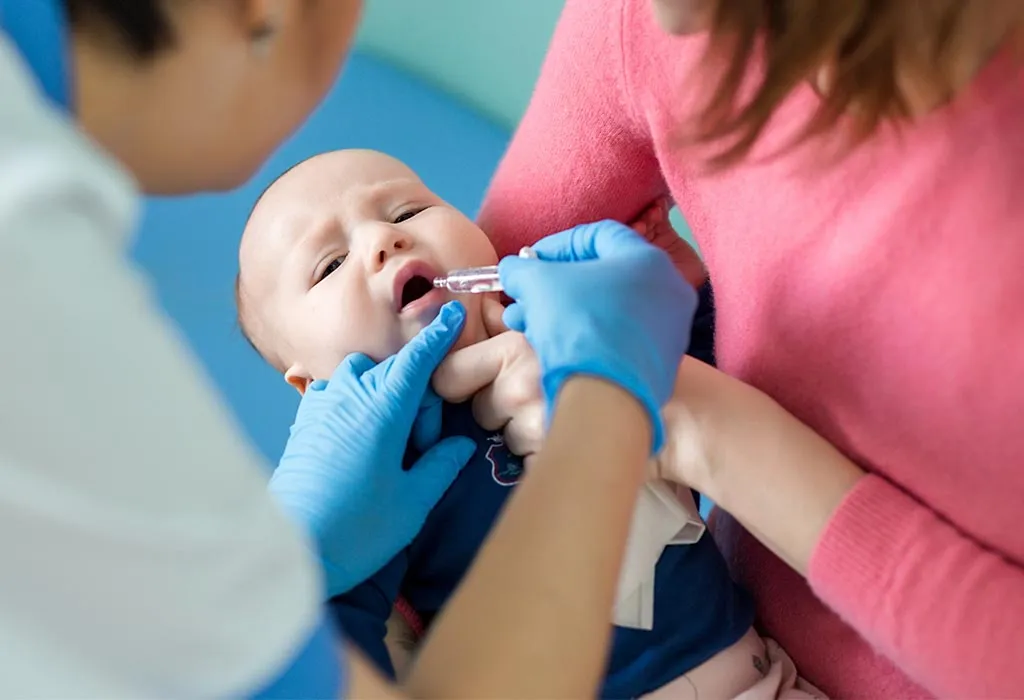
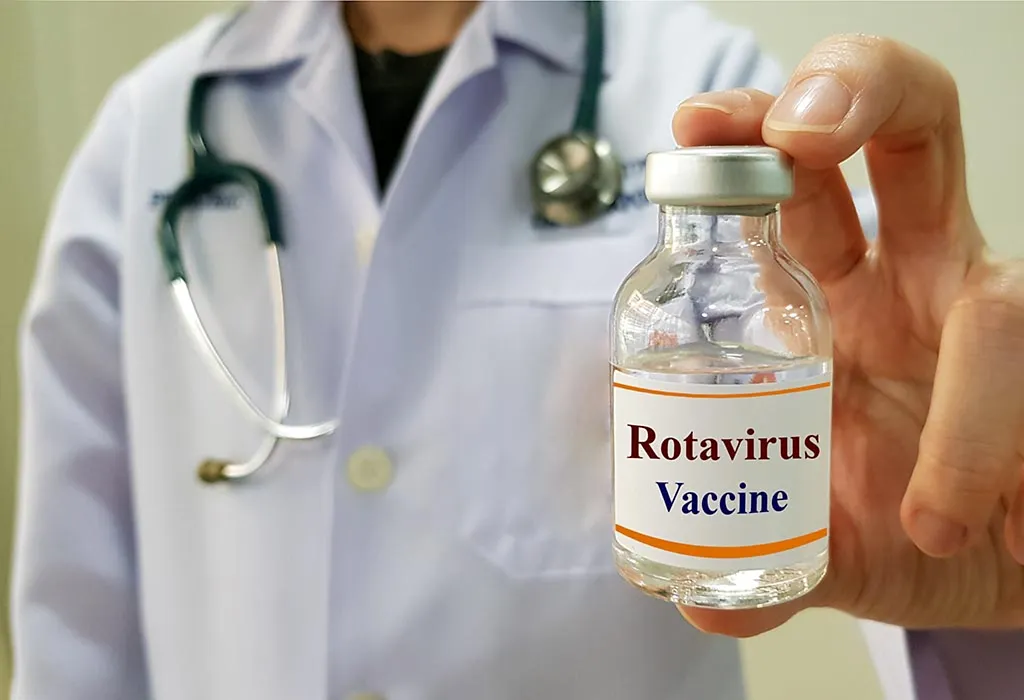
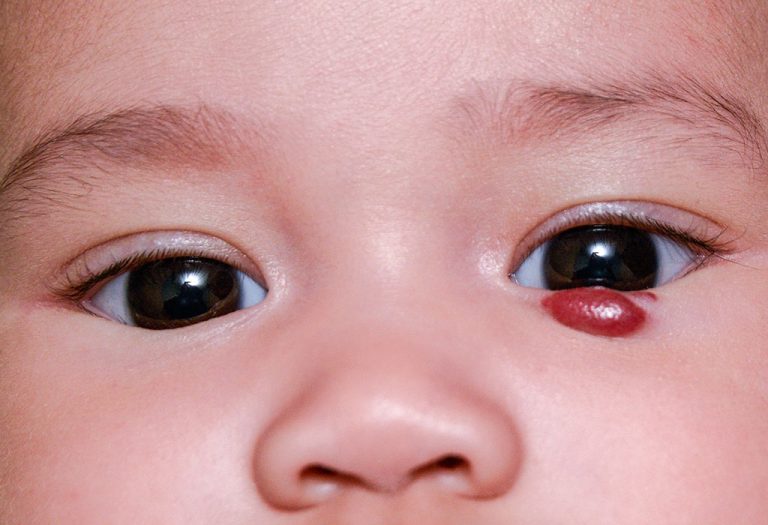
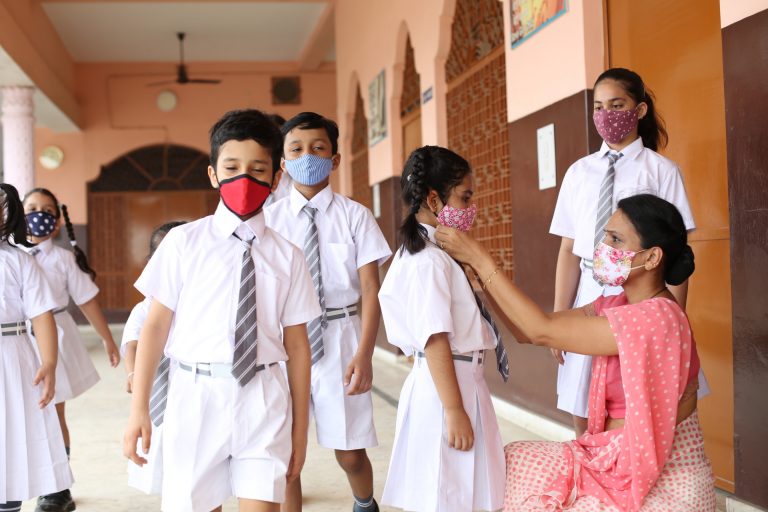

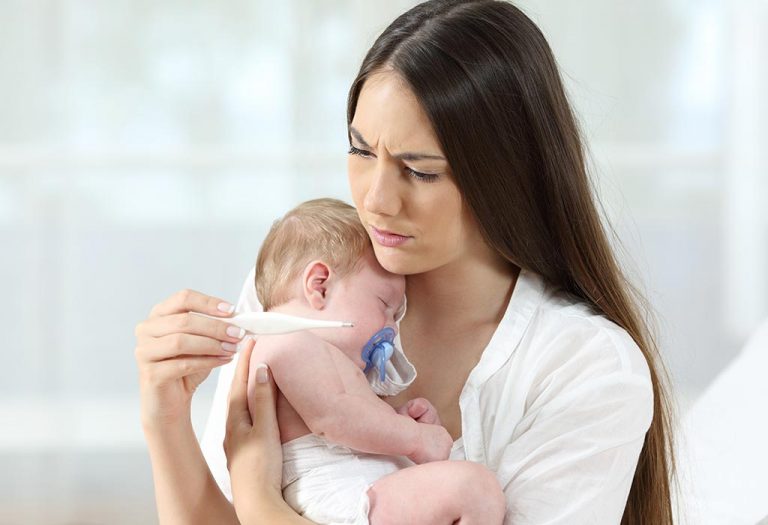
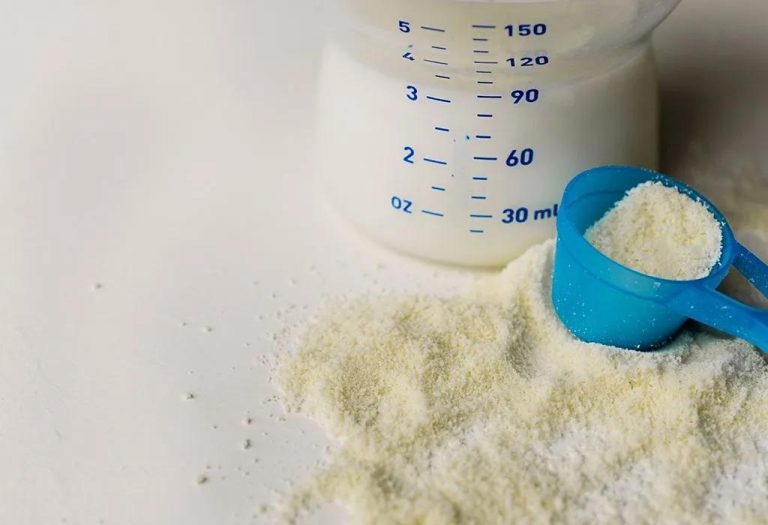
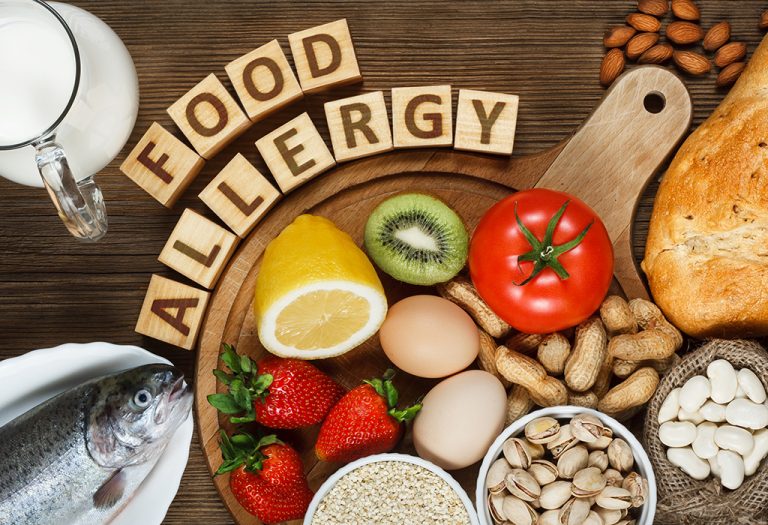

.svg)


















